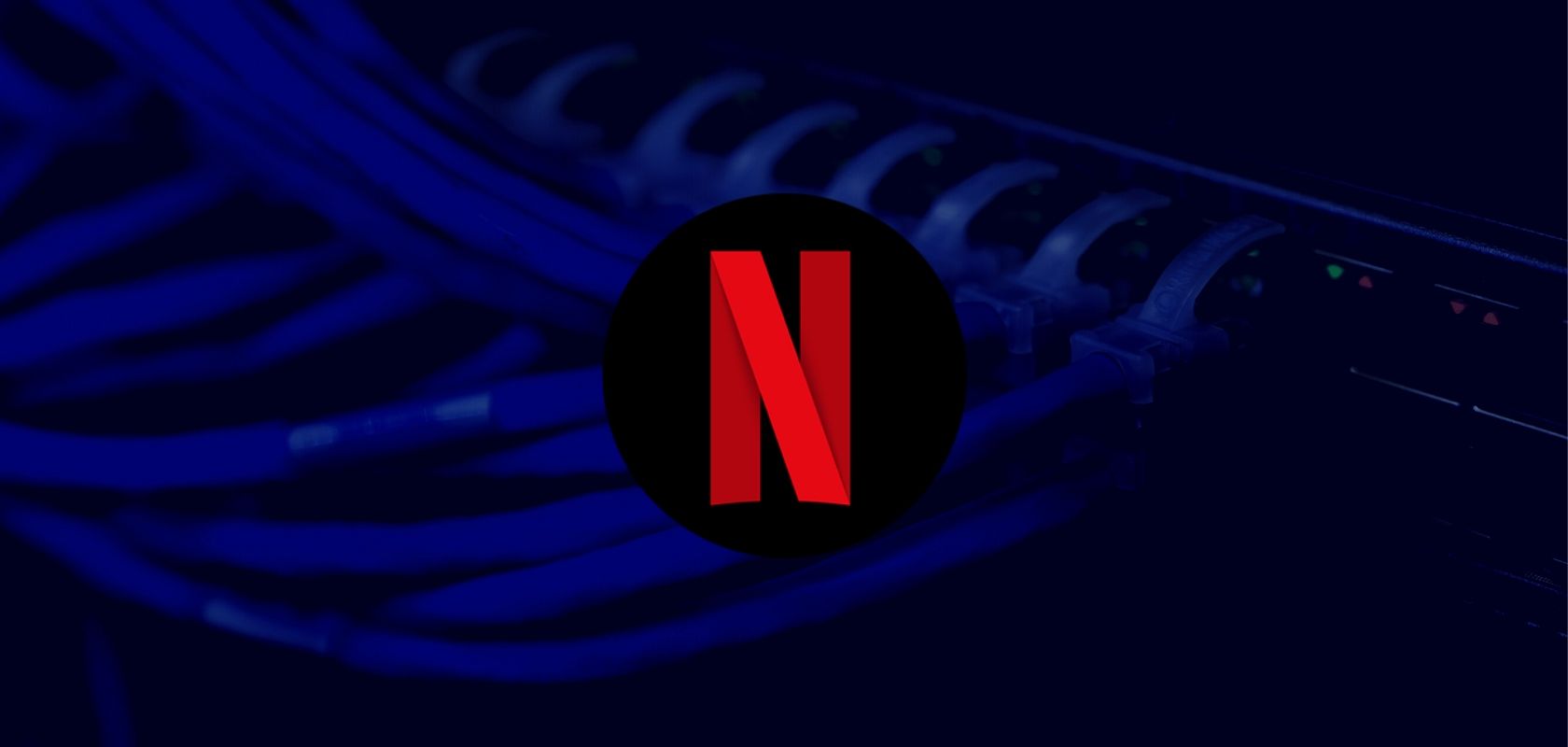Following the widespread quarantine in Europe due to the coronavirus pandemic, Brussels’ Internal Market Commissioner spoke with Netflix’s CEO to discuss measures to help decrease internet traffic so that telecommunication companies can offer a stable service to the entire population.
The EU is considerably concerned about the pressure that telecommunication companies have been experiencing during the quarantine.
Because people have been forced to stay at home, the internet has become the only way for them to have fun, communicate, and even work without exposing themselves to the virus.
The problem is that the infrastructure was not prepared for such high use, which has caused the service to be interrupted at certain times. In Italy, a 70% increase in internet use was reported last week.
It is for this reason that Mr. Thierry Breton, Brussels’s Internal Market Commissioner, decided to speak with Reed Hastings, Netflix’s CEO, to see how the platform can help to reduce the internet usage for recreational purposes without harming any user, especially those who need to work.
Click here to display content from X.
Learn more in X’s privacy policy.
Mr. Breton admits he is concerned that digital infrastructure could collapse at any time.
The politician has previously held positions as CEO in telecommunications companies, so he is aware of this possibility.
This first meeting between Breton and Hastings served to discuss ways in which Netflix could help lighten the load on the networks.
“Streaming platforms, telecom operators and users, we all have a joint responsibility to take steps to ensure the smooth functioning of the internet during the battle against the virus propagation,” Breton said.
Although Netflix is not the only platform that has experienced an increase in the number of users due to the pandemic, it may be one of the most bandwidth-consuming.
One of the measures discussed was that the videos be loaded by default in standard quality during the busiest hours. This would be the first of the actions they would take, but Breton and Hastings hope to meet again to reach more agreements.
These measures would join the work being carried out by the European Commission and the BEREC. Both organizations are constantly monitoring internet traffic to detect any anomaly and be able to solve it before it becomes a more serious issue.










